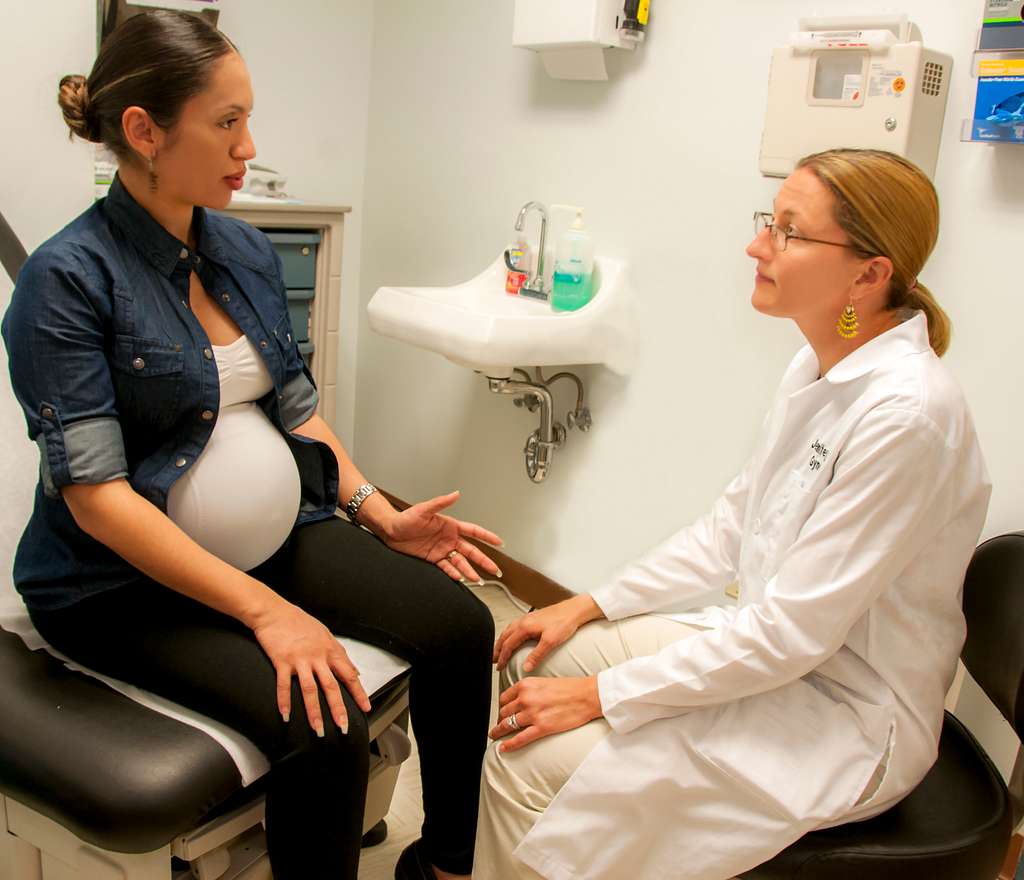Women’s health care focuses on overall well-being, with OBGYN services addressing unique needs at every life stage. From routine checkups to specialized treatments, these services provide comprehensive care focused on prevention, early detection, and effective treatment. Regular visits to an OBGYN help women take control of their reproductive health and make informed decisions.
1. Contraception Options
Access to reliable contraception offers individuals control over family planning and reproductive health decisions. OBGYN services provide a wide range of contraceptive options, including oral contraceptives, intrauterine devices (IUDs), implants, injections, and barrier methods. During consultations, patients receive personalized recommendations based on factors such as lifestyle, health history, and reproductive goals. Regular follow-ups monitor the effectiveness of contraceptive methods and allow adjustments as needed.
2. Cancer Screenings
Breast cancer is among the most common cancers affecting women, making regular screenings a valuable part of OBGYN care. Mammograms, clinical breast exams, and guidance on self-breast exams all play a key role in the early detection of abnormalities. Identifying changes early greatly improves treatment outcomes. OBGYN providers work closely with patients to establish the ideal screening schedule based on factors such as age, family history, and individual risk.
Cervical cancer prevention is another cornerstone of OBGYN care. Pap smears, or Pap tests, are used in detecting precancerous or abnormal cervical cells, helping to significantly reduce cervical cancer rates through early intervention. The human papillomavirus (HPV) vaccine offers protection against the most common virus strains linked to cervical cancer. By combining regular screenings with HPV vaccination, patients can dramatically lower their risk and take proactive steps toward long-term health.
3. Colposcopy for Further Evaluation
When abnormalities are detected in Pap smears or HPV tests, a colposcopy may be recommended for further evaluation to better understand the cause of these irregularities. This in-office procedure allows OBGYN providers to closely examine the cervix, vagina, or vulva using a specialized magnifying tool called a colposcope, which provides a well-lit and highly detailed view of these areas. During the procedure, the provider may apply a solution to the area to highlight any abnormal cells.
Small samples of abnormal tissue can be collected for a biopsy to determine if further treatment is needed. While the process is often brief and minimally invasive, patients may experience mild discomfort or cramping during the procedure. Colposcopy provides valuable insight into the underlying cause of abnormalities, allowing providers to make informed decisions and guide patients toward appropriate treatment steps to support their overall health and well-being.
4. Nonsurgical Vaginal Restoration
Nonsurgical vaginal restoration focuses on addressing changes that can occur due to aging, childbirth, or hormonal fluctuations. OBGYN services now include advanced, nonsurgical procedures designed to improve vaginal tone, elasticity, and moisture levels. These treatments are commonly sought to relieve symptoms such as dryness, discomfort, or reduced sensation. Nonsurgical options often require minimal downtime, making them an accessible choice for patients interested in improving their quality of life and comfort.
Steps Toward Women’s Health with Your OBGYN
OBGYN services strive to deliver holistic care covering both preventative and specialized treatments. By focusing on contraception, cancer screenings, nonsurgical procedures, and follow-up care, individuals can take proactive steps toward better reproductive and overall health outcomes. Open communication with an OBGYN provider helps build a care plan tailored to unique health needs.

Leave a Reply